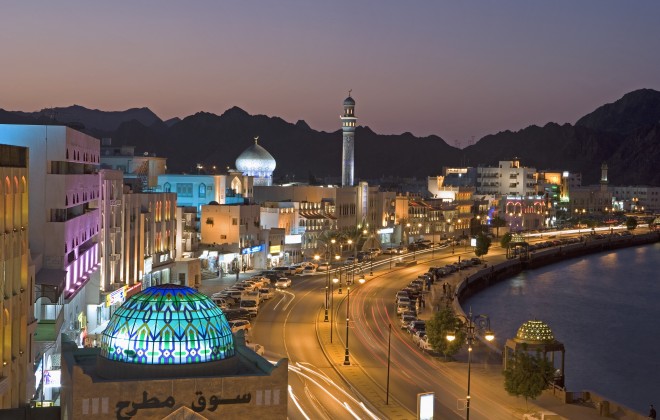
Muscat: Financial experts in Oman have welcomed the projected growth Oman is expected to see in 2018. A combination of a prudent budget, fiscal discipline and structural reforms, together with a growing tourism sector and connected projects, sees an economic forecast that will register a high GDP growth and low deficit as public sector spending is reinstated by 2018, according to a MENA report by the International Institute of Finance (IIF). “The reforms brought in by the government will certainly make the economy more efficient,” Fabio Scacciavillani, Chief Economist of Oman Investment Fund said, citing efficiency as the most influential factor in economic growth.
“The opening or upgrade of several infrastructural landmarks like the new airport, new roads, Duqm port, etc in 2018 is also a big reason for economic growth as high performing sectors will be fully functional by then,” he added.
Nasser Saidi, International Monetary Fund advisor and president of Nasser Saidi Associates, said the government was in a good position when it comes to debt but cautioned that building projects must come online to help drive any recovery.
He said: “Oman still has a relatively low level of government debt to GDP and can use the debt markets to finance budget deficits without endangering fiscal sustainability. The criterion is to use debt for capacity building, infrastructure and productivity increasing investments that yield returns that can service the debt.”
“While rationalization and greater efficiency of some government spending is in order along with continuing efforts at production and revenue diversification, fiscal deficits are likely to persist,” Saidi added.
“It is time to focus on developing the local capital markets for the purpose of financing large development projects such as tourism, public-private partnerships and privatization efforts and removing barriers for investing in infrastructure and logistics,” he suggested.
“Growth is likely to remain subdued given the reduction in government spending, low private sector investment rates as well as the dip in consumer spending. Though a lower fiscal breakeven oil price is forecast for this year, Oman’s $72 per barrel breakeven is still on the higher side compared to its oil-exporter counterparts,” he added.